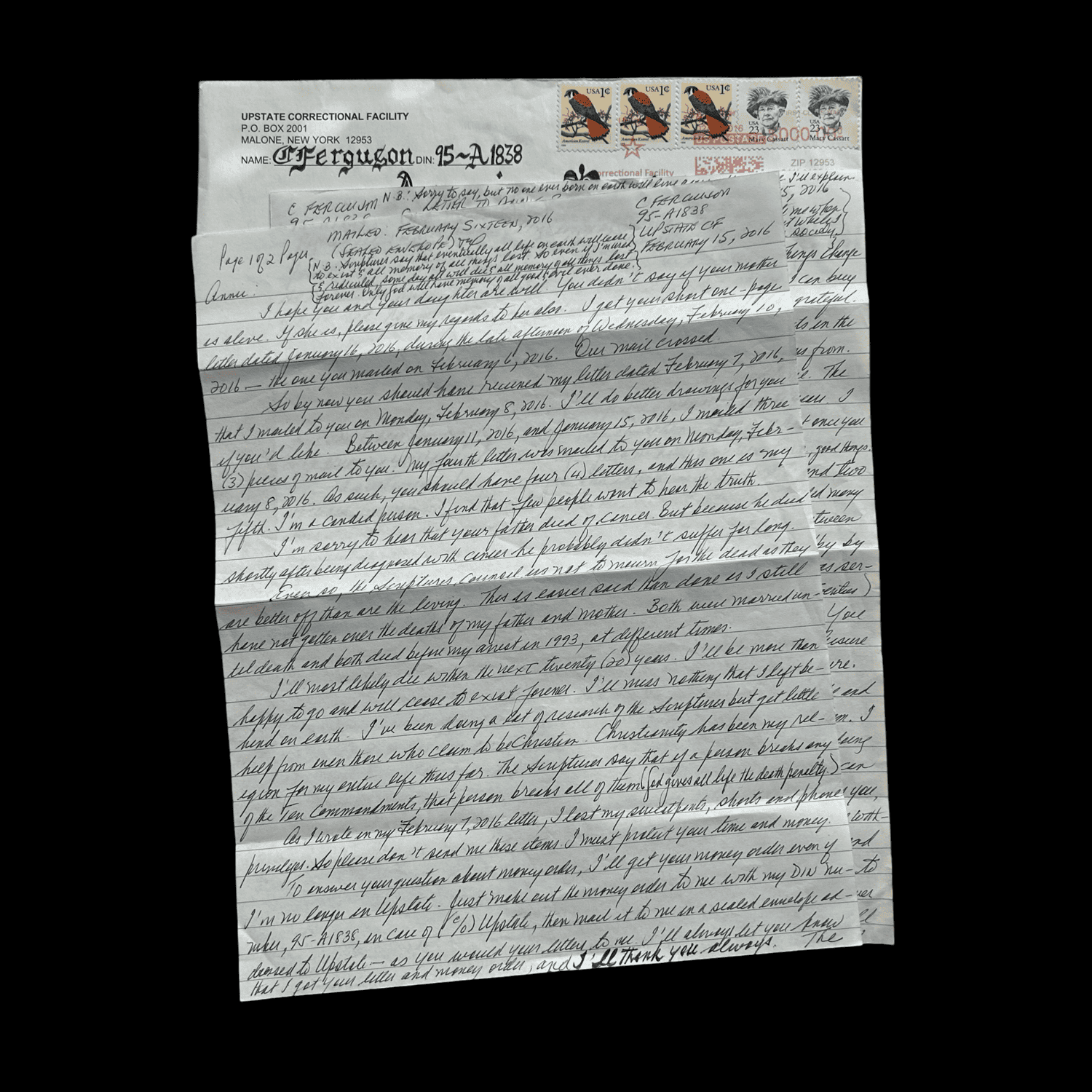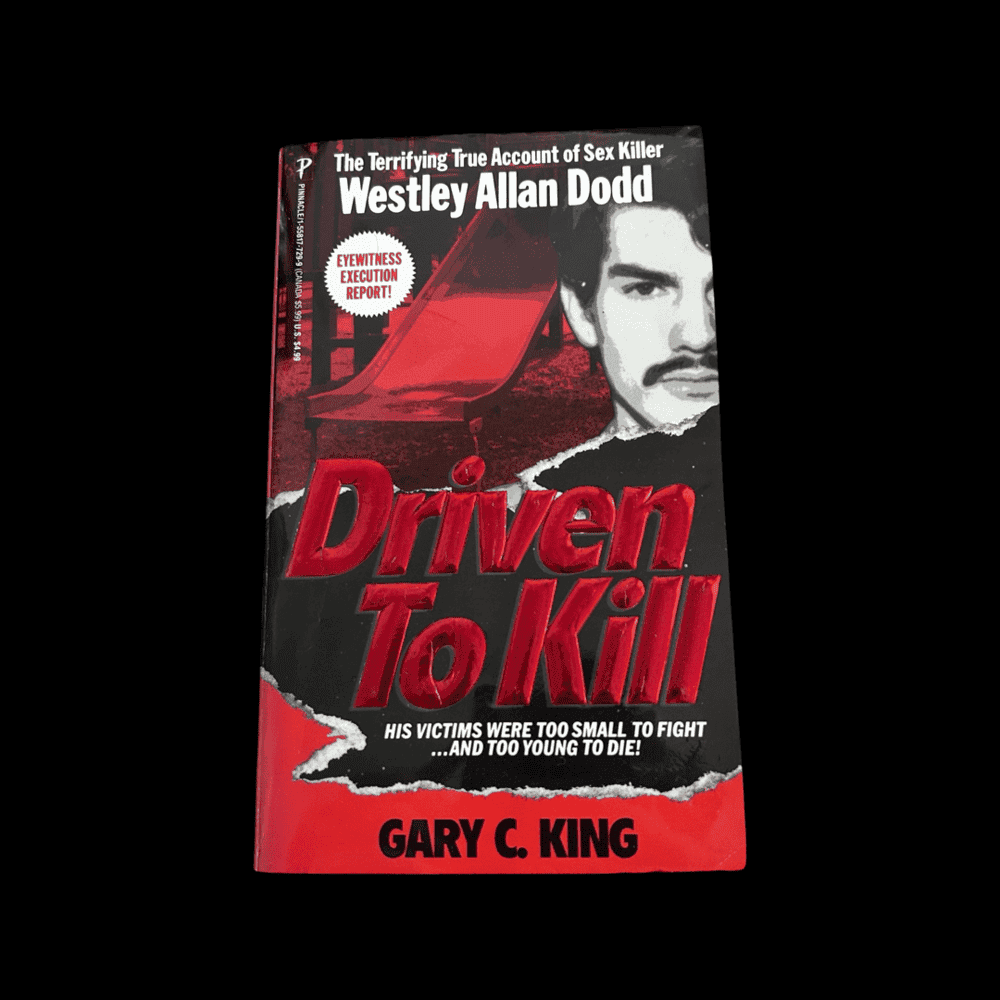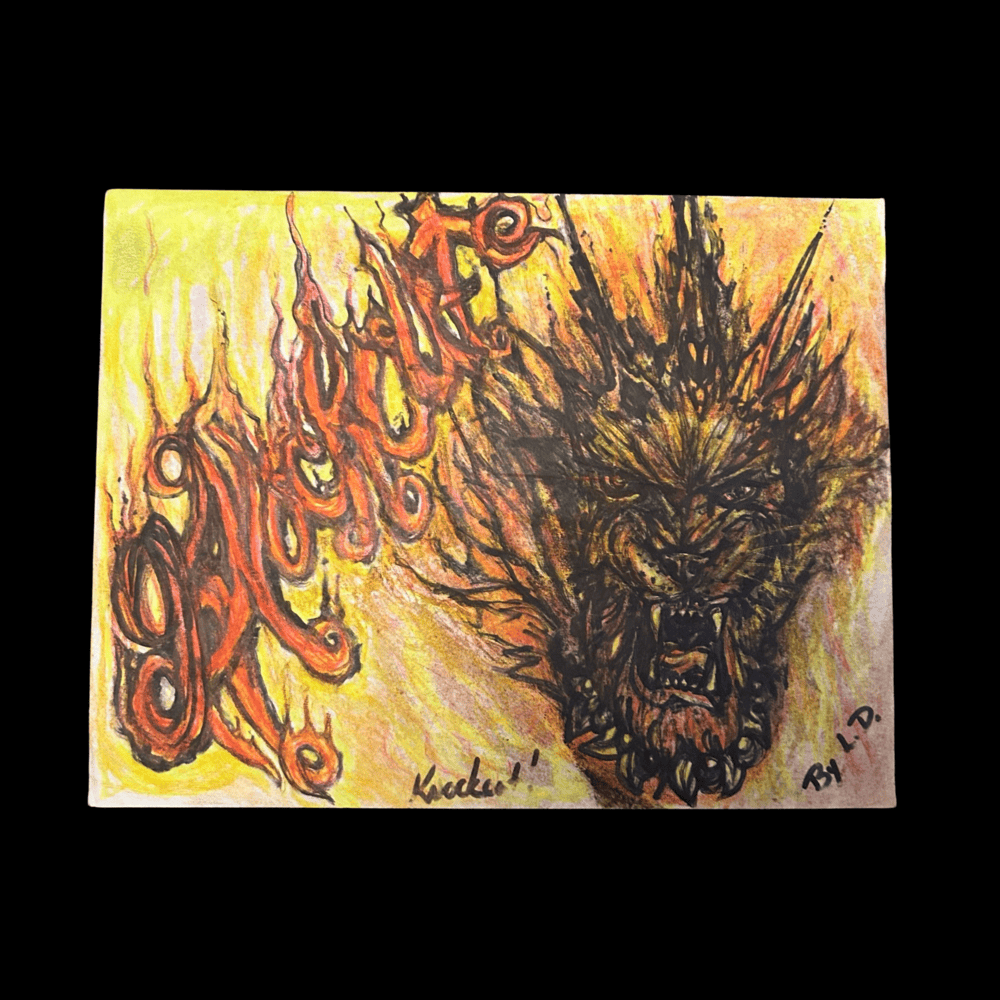
Colin Ferguson - Letter and Envelope Set
Colin Ferguson was convicted of the December 7, 1993 shooting of 25 people aboard the 5:33 pm Long Island Rail Road commuter train out of Penn Station at Merillon Avenue station in Garden City, New York, New York.
Ferguson was wrestled to the floor of the train by three men, as he reloaded his Ruger P-89 9mm pistol for the third time, and held until the arrival of police. He killed six passengers and wounded nineteen during the mass murder. The gun had been legally purchased.
Ferguson's defense counsel had urged him to let them argue that he had been driven to temporary insanity by "black rage", and that although he had committed the killings, he should not be held criminally liable; however, Ferguson insisted that he had not committed the killings and chose to represent himself. Ferguson's attorney was quoted in the Associated Press ( August 12, 1994), "Without a psychiatric defense, Ferguson has no defense. There was no doubt that he was there, that he fired the weapon, that he would have fired it more if he had not been wrestled to the ground. There is no doubt that Colin Ferguson, if sane, was guilty." More than a dozen witnesses testified that he was the killer, yet Ferguson argued that he was being framed, maintaining that someone had stolen his gun while he slept and shot the passengers. "This is", he said, "a case of stereotyped victimization of a black man and the subsequent conspiracy to destroy him."
Colin Ferguson - Letter and Envelope Set
Colin Ferguson was convicted of the December 7, 1993 shooting of 25 people aboard the 5:33 pm Long Island Rail Road commuter train out of Penn Station at Merillon Avenue station in Garden City, New York, New York.
Ferguson was wrestled to the floor of the train by three men, as he reloaded his Ruger P-89 9mm pistol for the third time, and held until the arrival of police. He killed six passengers and wounded nineteen during the mass murder. The gun had been legally purchased.
Ferguson's defense counsel had urged him to let them argue that he had been driven to temporary insanity by "black rage", and that although he had committed the killings, he should not be held criminally liable; however, Ferguson insisted that he had not committed the killings and chose to represent himself. Ferguson's attorney was quoted in the Associated Press ( August 12, 1994), "Without a psychiatric defense, Ferguson has no defense. There was no doubt that he was there, that he fired the weapon, that he would have fired it more if he had not been wrestled to the ground. There is no doubt that Colin Ferguson, if sane, was guilty." More than a dozen witnesses testified that he was the killer, yet Ferguson argued that he was being framed, maintaining that someone had stolen his gun while he slept and shot the passengers. "This is", he said, "a case of stereotyped victimization of a black man and the subsequent conspiracy to destroy him."






